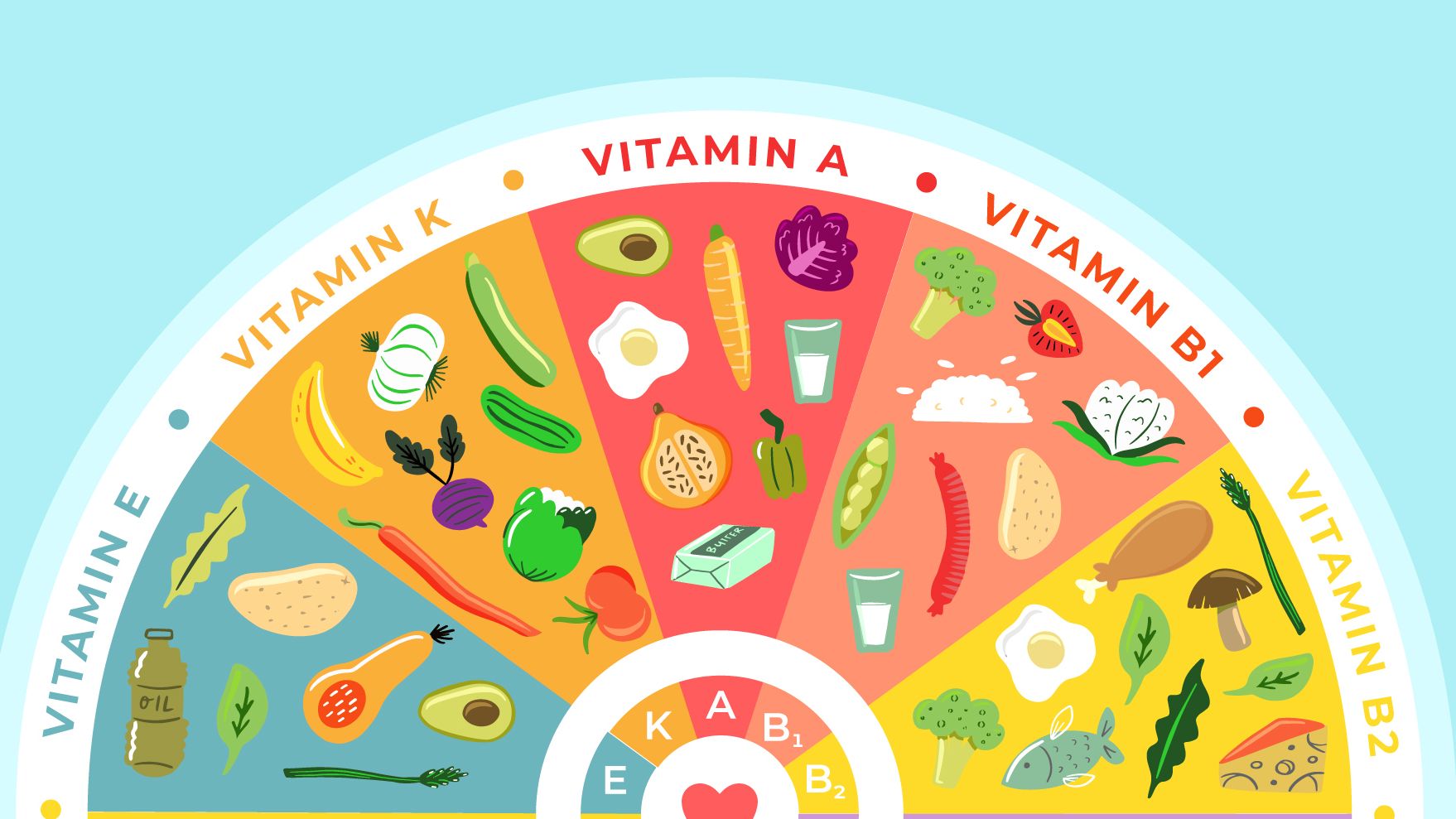Taoist Diet Food: Taoist Principles For Proper Diet & Nutrition
Aug 21, 2023
“FOOD IS THE PARAMOUNT NECESSITY OF THE PEOPLE.”
—Old Chinese Proverb
A Journey through Fruits, Vegetables, and Balanced Diets for Longevity and Health
Across the globe, individuals' diet patterns, influenced by Taoism and other cultural traditions, reflect a diverse tapestry of cultures and preferences. Food is not just sustenance but a reflection of identity, with people's perceptions varying widely. Cultural norms, availability, and personal beliefs, including the principles of yin and yang from Daoism, shape these preferences.
Some regions prioritize whole foods such as fruits, vegetables, and lean proteins, fostering positive health outcomes. For instance, the Taoist diet, rich in soya, brown rice, and root vegetables, aligns closely with the Mediterranean and traditional Asian diets. These diets, emphasizing fresh fruits and vegetables and the acceptance of whole grains, are associated with lower rates of heart disease and obesity. In contrast, modern Western diets, now influenced by the modern Taoist diet, which has changed to include more heavily processed foods with little or no nutritional value, contribute to health issues like diabetes and cardiovascular diseases.
Beverage choices, including herbal teas valued in Buddhism and Daoism, reveal insights into dietary patterns. While water is a universal necessity, some cultures embrace natural beverages that add sweetness to the diet, while others opt for sugary sodas and energy drinks. These choices, like consuming tropical fruits and avoiding preservatives, as many Taoists and Daoists would suggest, impact weight management and overall well-being.
Achieving Wellness Through the Principles of the Taoist Diet and Mindful Eating
Global dietary patterns have shown both positive and negative effects on health. Diets rich in plant-based foods and grains, like the vegetarian diet that many Taoists follow and the ancient Taoist principles, can lower the risk of developing chronic diseases. Conversely, excessive consumption of sugar and fast food, which contain little or no nutritional value and are often full of artificial food additives, can lead to obesity and related complications. Moreover, cultural attitudes toward food, such as the Daoist lifestyle, which encourages eating in moderation and the intake of foods like steamed white meat and avoiding cold foods, can affect mental health. Eating practices emphasizing mindfulness, a key aspect of Daoism and Buddhism, and communal meals can promote positive emotional connections with food.
Altogether, individuals' dietary choices worldwide, influenced by philosophies like Taoism and its concept of jing and qi energy within the body, reflect cultural diversity and personal beliefs. Positive health effects stem from diets rich in whole foods and the acceptance of vegetarian food, seaweed, plum, turnip, and green leaf vegetable broth, echoing the energy of the universe and being part of nature. In contrast, adverse outcomes arise from consuming refined, hard-to-digest foods like white flour products and sugar.
Cultural perceptions of food and beverages not only influence physical health but also impact mental and emotional well-being. Recognizing the global spectrum of dietary preferences, including the importance of a diet based on eating locally-grown organic foods and abstention from things that the body is not designed to consume, like allium and foods that contain saturated fat, can inform efforts to promote healthier eating habits and improve overall quality of life.
If you want to be healthy and reach certain wellness goals, adopting the principles of the Tao of Balanced Diet, as explored by Qigong master Qinyin, can be enlightening. These principles may help you achieve a healthy and fit body by focusing on the balance of physical and spiritual elements and understanding the positive and negative aspects of various foods and drinks.
For more insights, consider reading the book “The Tao of Balanced Diet: Secrets of a Thin and Healthy Body" and applying its principles to your routine. This approach, emphasizing methods like meditation and an acceptance of the refined nature of certain foods, can help you live a graceful, long life and maintain your health and longevity.
According to Statistics:
- As per the statement of Chinese respondents given in March 2023, approximately 33.9% of respondents spent 300–500 yuan on health and functional food products every month.
- In 2023, an estimated ⅔ of respondents were Chinese consumers who bought health supplements for microelements. In the meantime, nearly 43% of respondents purchased functional foods for anti-fatigue.
- In China, income in the Food market amounted to USD 1,492.0 billion in 2023. And it’s projected to increase annually at a compound annual growth rate of 7.88% from 2023 to 2028.
- The largest segment of the market in the segment meat in 2023 had a market volume of USD 260.4 billion.
- As compared to global revenue, the most significant part of income is generated in China (USD 1,492 billion in 2023).
- In relation to the total population figures of China, per-person incomes of USD 1,022.00 are generated in 2023.
- In the Chinese food market, 34.6% of aggregate income will be generated through online sales by 2023. And it’s expected that this volume will amount to 453.1 billion kg by 2028.
- It’s anticipated that the food market will experience volume growth of 7.3% in 2024.
- The average volume per person in the Food market is projected to amount to 233.20 kg in 2023.
- As per the survey conducted by Rakuten Insight in April 2023, nearly 76% of respondents in China between 16-24 years old said that they mostly preferred to order local cuisine meals on food delivery apps, a little bit more than respondents in other age groups. They were also more likely to place an order for bubble tea as well as desserts via food delivery apps as compared to the older generation.
- The convenience food market in China surpassed 531 billion yuan in 2022, which represented a steady increase in recent years. And it’s expected that this market will expand in 2023 and surpass 558 billion yuan.
Here is a list of Taoist principles related to diet and nutrition that may help you on your path to wellness as well as your wellness journey. So let’s have a glance at them:
Whole Grains
“The Taoism diet comprises 50–70% whole grains, 20–30% vegetables, and 5–10% animal or bean products.”
Grand Master Mantak Chia, -Founder of Universal Healing Tao
According to Tao, products that have little nutritional value are excluded from the diet, namely white flour products and sugar. Sugar is essential to harmonise with the other four tastes but should be obtained from the sweet flavour of grains, says Shashi, a Universal Healing Tao Instructor.
It will be beneficial for individuals by improving their digestion. Little children or elder ones who can’t digest brown rice easily- Qigong Master Qinyin.
Organic and Seasonal Fruits And Vegetables
Organic and seasonal fruits and vegetables that are grown locally are crucial to a Taoism diet. It includes plums, cabbage, and root vegetables, such as beets, turnips, and rutabaga, which add sweetness to the diet.
Exclude hard-to-digest foods from your diet.
Cheese, dairy products, and red meat contain saturated fat, and citrus fruits are considered hard-to-digest food items that must be avoided. Steamed white meat, sweet desserts, cheese, spices, and fish can be eaten occasionally, but meals that are purely vegetarian, such as green leaf vegetable broth and seaweed soups, are highly recommended.
Upon consideration
Ultimately, the principles related to the Taoist diet are based on eating locally-grown organic and seasonal produce such as whole grains, fruits, nuts, cooked food, seeds, and vegetables. These principles emphasise the exclusion of acidic foods, red meat, artificial food additives, refined foods, heavily processed foods, dairy products, tropical fruits, hard-to-digest food items, tropical fruits, robust spices, sugar, and cold foods. By following all of the above-mentioned principles, all individuals can attain an attractive physique.







